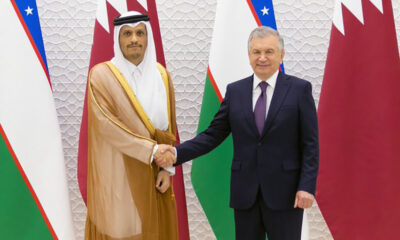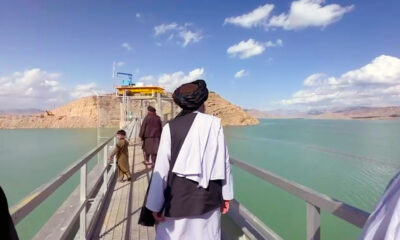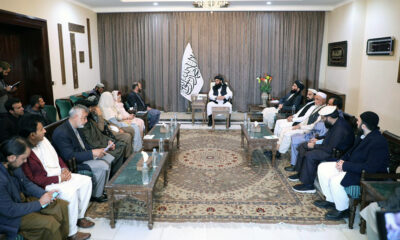Business
26 tankers carrying low-quality oil turned back to Iran
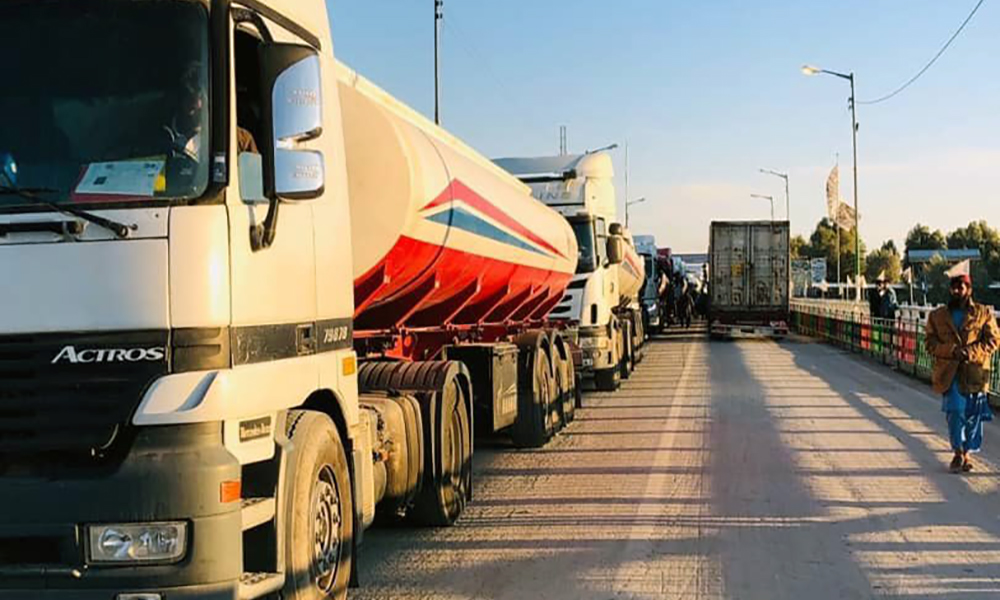
Twenty six fuel tankers carrying low quality diesel were refused entry into Afghanistan and turned back to Iran in Nimroz province by the Afghanistan National Standards Authority (ANSA), the Islamic Emirate of Afghanistan said in a statement Monday.
According to the statement, laboratory tests were carried out on the fuel which was found to be sub-standard. The ANSA then sent the trucks back across the border to Iran.
The ANSA has stepped up efforts to clamp down on low quality fuel being imported into the country. In line with this the agency has called on fuel traders to make sure they import petrol and diesel that meets the minimum standards required otherwise they will face legal actions.
Business
Afghanistan-Kazakhstan chamber of commerce opens in Herat
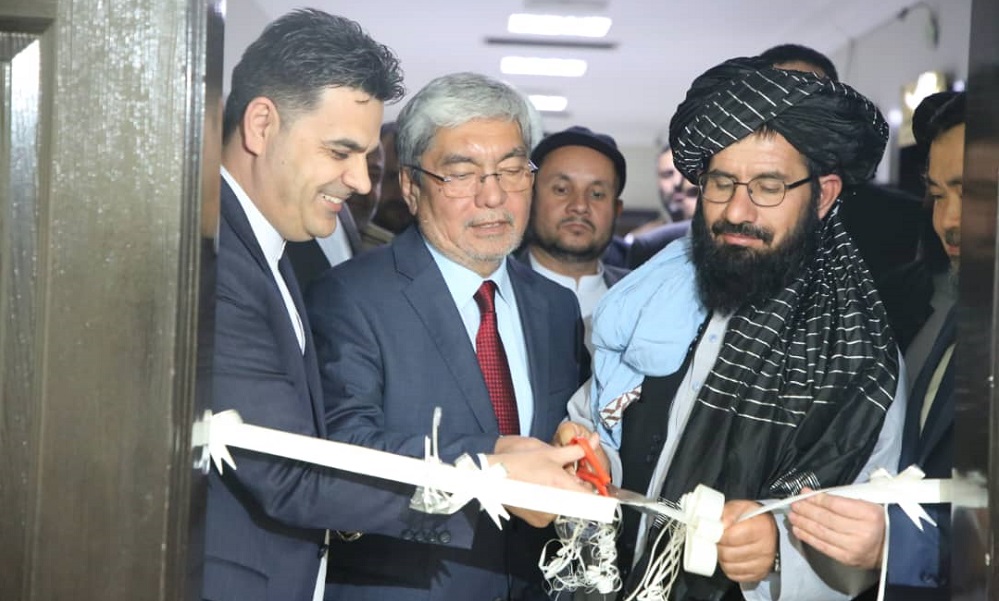
The Ministry of Interior said the governor of Herat province Islam Jar met with Alim Khan Yasin Gildaye, Ambassador of Kazakhstan to Afghanistan, to discuss various issues around trade.
According to the ministry, the two sides discussed the expansion of trade facilities, increasing the volume of trade exchanges between traders of the two countries, reducing customs tariffs, solving the challenges of traders and issuing visas to them.
The Afghanistan-Kazakhstan Chamber of Commerce has been opened in Herat in order to facilitate and increase trade between the two countries.
Business
Afghanistan reaches self-sufficiency in production of 133 items: MoIC

The Ministry of Industry and Commerce (MoIC) says Afghanistan has reached self-sufficiency in 45 sectors and the production of 133 items, and that the ministry is striving to change Afghanistan from an importing country to an exporting one.
The ministry officials said that for this purpose, supporting domestic products and attracting investment is essential.
The ministry’s spokesman Abdul Salam Jawad Akhundzada emphasized increasing the use of domestic goods and products in government and national projects and added that efforts have also begun to find a market for domestic products inside and outside the country.
“We have reached self-sufficiency in 133 items of production, which is 45 sectors, and also we reached the capacity of semi-self-sufficiency in 95 items of production, which is 27 sectors,” he said.
Meanwhile, the Chamber of Industries and Mines (ACIM) says over the past two and a half years, more attention has been paid to the development of domestic production and it is also expanding.
The chamber officials stressed expanding the culture of using domestic products in government projects.
“I think that the government is one of the biggest consumers in the market if it uses domestic products in all its development projects,” said Abdul Nasir Rashtia, a member of ACIM.
Economic experts also said that if the use of domestic products in government projects increases, Afghanistan will quickly move towards economic independence.
Business
DAB declares online currency exchanges illegal
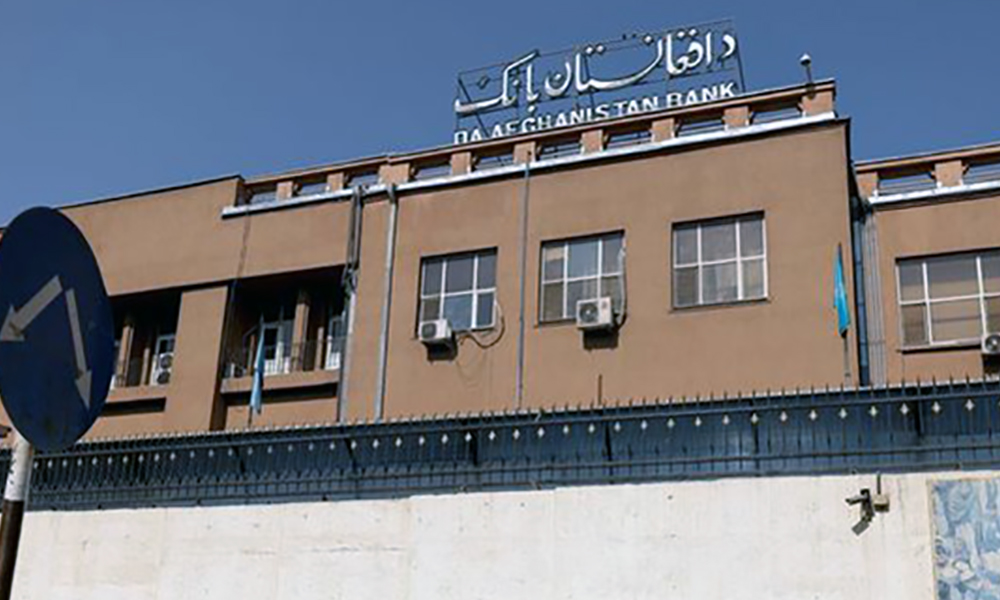
Da Afghanistan Bank (DAB) announced Monday that online exchanges are banned and legal action will be taken against anyone who violates the order.
DAB said in an announcement that it has not issued any license to any person or company to operate an online exchange, because such activities are illegal.
“Da Afghanistan Bank requests our dear compatriots to refrain from online exchange transactions due to the risks, damages and subsequent consequences of these transactions,” it said.
DAB added that the issue has been shared with intelligence and security institutions and legal action will be taken against violators.
-
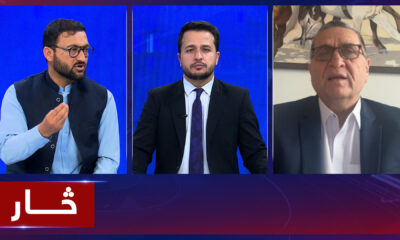
 5 days ago
5 days agoSaar: Concerns over drug trafficking from Afghanistan discussed
-
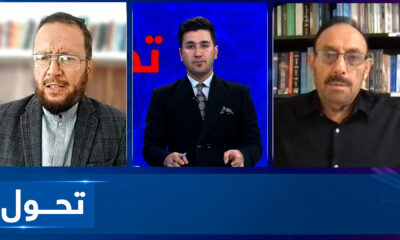
 Tahawol5 days ago
Tahawol5 days agoTahawol: Concerns over continuation of acting government discussed
-
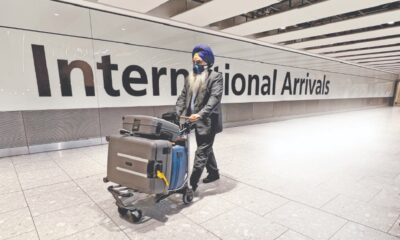
 Regional3 days ago
Regional3 days agoIndian foreign ministry advises against travel to Iran, Israel
-
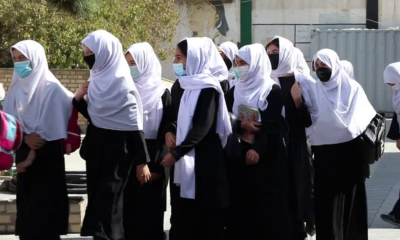
 Latest News5 days ago
Latest News5 days agoBanning girls’ education has caused economic issues: private school officials
-

 Latest News4 days ago
Latest News4 days agoAfghanistan withdrawal probe sparks anxiety within Biden administration: US’s McCaul
-

 Latest News3 days ago
Latest News3 days agoTop former US general claims Daesh-Khorasan is ‘on the upswing’
-
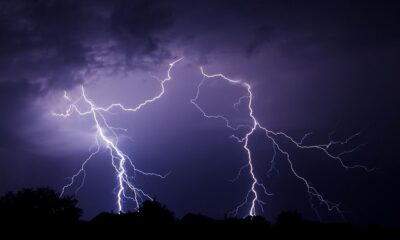
 Latest News3 days ago
Latest News3 days agoLightning strikes in Helmand kill one, injure three
-
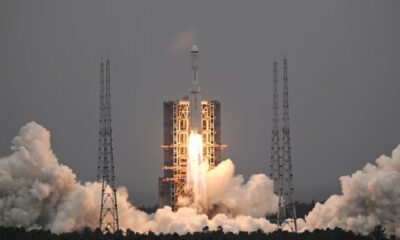
 Science & Technology4 days ago
Science & Technology4 days agoChina launch of relay satellite Queqiao-2 for lunar probe mission successful


